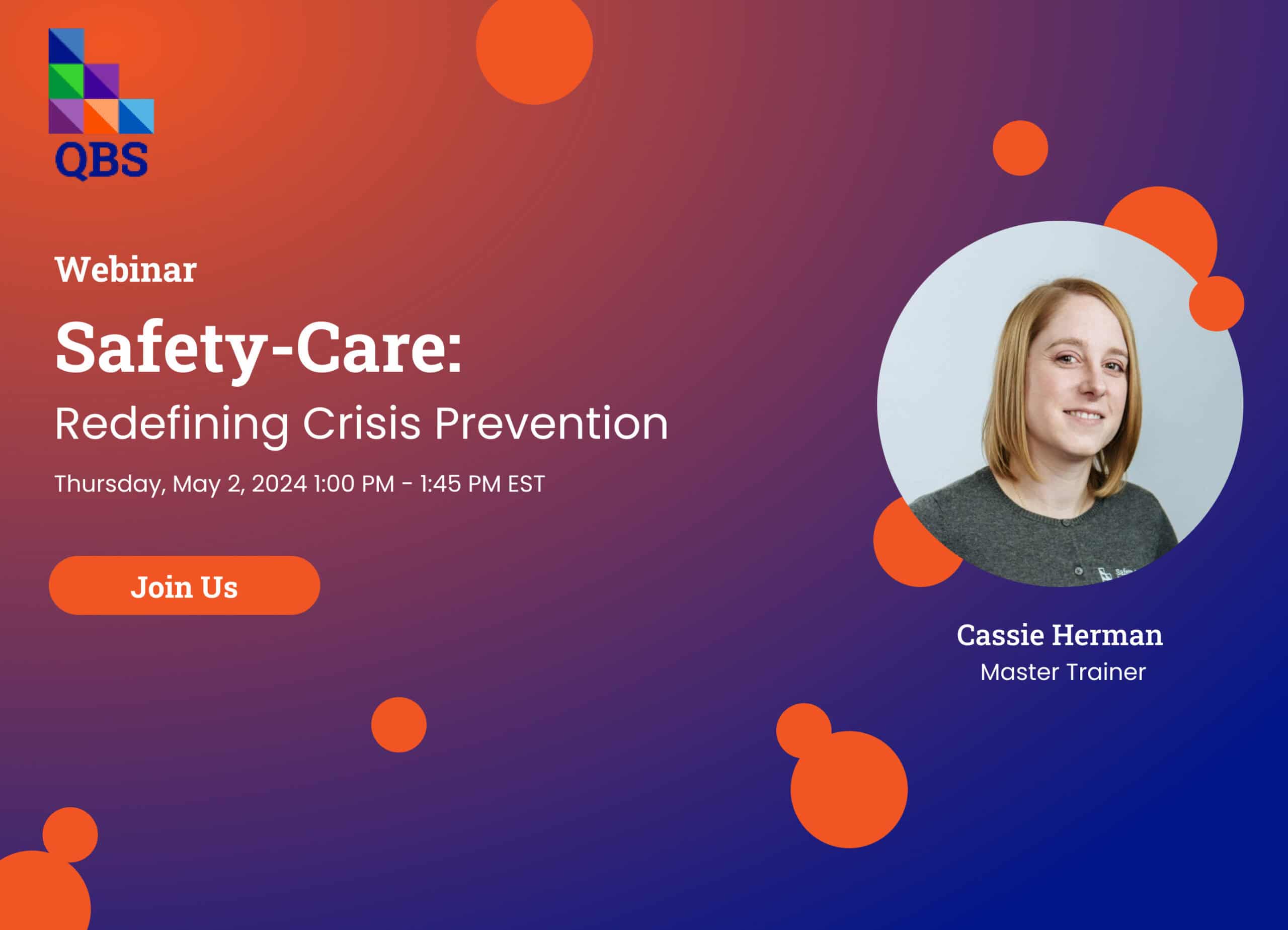Why Do We Need Self-Care?
Whether we work as a Behavior Analyst, Counselor, Nurse, Correctional Officer, or the many other fields that require us to care for others as part of our job; we are routinely exposed to moments of stress, traumatic circumstances, or things that can place us in a vulnerable state. One way to address these job-related stressors is through the use of self-care. Self-care habits refer to the ‘‘engagement in behaviors that maintain and promote physical and emotional well-being’’ (Myers et al., 2012).
In order for us to provide the best care to the individuals we work with, we need to make sure we take care of ourselves as well. Relative to providing the best care, Vivian Elaina and colleagues (2019) states that “the health of a hospital organization is directly proportional to the health of its doctors, nurses, and administrators”. The importance of self-care and how it relates to job performance can be even more enhanced with “those working in more restrictive settings and within a 24/7 delivery system,” especially considering the higher risk of staff burn-out rates (Jolivette et al., 2019).
So where do we begin?
In order to assess and target your own self-care behavior, start by considering “factors such as sleep, exercise, use of social support, emotion regulation strategies, and mindfulness practice” (Myers et al., 2012).
What Makes a Good Self-Care Plan?
According to Coaston (2017), a good self-care plan can follow the same formula as developing a collaborative treatment plan:
- Individualized
- Specific
- Open to revision when necessary
Avoiding generic strategies that mainly focus on general health practices (i.e., sleep) and instead becoming aware of one’s own signals that indicate stress/burnout can help us avoid burnout and help us decide on the first step in our self-care plan (Coaston, 2017).
A plan should also use evidence-based interventions and if we want any chance at sticking to our self-care plan Vivian Elaina et al (2019) says the strategies that we select should be brief and easy to access to account for time commitment barriers that most health-care professionals face.
Elements of Self-Care:
Coaston (2017) gives examples of three categories that we focus on when creating our own self-care plan but also reminds us that the division between categories is artificial and some strategies may meet more than one category. These are just a few strategies that could help us achieve self-care of our mind, body, and spirit. We can also come up with our own activities that will help us feel less stressed at work and in our personal lives.
- Mind: mindfulness, learning a new language, cooking a new recipe, learn a new strategy game, writing journal/poetry, giving yourself a permission slip for something, etc.
- Body: exercise, stretching, dance, yoga, etc.
- Spirit: religion and spirituality, massage, gardening, spending more time in nature, music, art, photography, etc.
What’s next?
Let’s make a self-care plan! We’ve put together a template that you can fill out with all the important components of a self-care plan. You can list specific activities that will support your mind, body, and spirit (remember one activity can support multiple areas). We’ve also made space for you to list your signs and signals that let you know you are starting to feel stressed out so you can do check-ins to see if you need to up your self-care game. Last but definitely not least, don’t forget to evaluate if your self-care activities are actually making you feel better or if they are just adding more stress and pressure to your life. If one or some of your activities isn’t making the cut, go back to the drawing board and keep trying new activities until you find a nice mix that supports your self-care goals!
Resources
Coaston, S. C. (2017). Self-care through self-compassion: A balm for burnout. Professional Counselor, 7(3), 285-297.
Jolivette, K., Swoszowski, N. C., Kumm, S., Sanders, S., & Ansley, B. M. (2019). Embedding staff self-care into the MTSS framework for those working in juvenile correctional facilities. Journal of Correctional Education, 70(1), 2-19.
Myers, S., Sweeney, A., Popick, V., Wesley, K., Bordfeld, A.Fingerhut, R. (2012). Self-care practices and perceived stress levels among psychology graduate students. Training and Education in Professional Psychology, 6(1), 55–66.
Elaina, V., Hellen, O., Arceneaux, S. R., Flores, J. A., Vo, A., & Madson, M. B. (2019). A cross-sectional study of perceived stress, mindfulness, emotional self-regulation, and self-care habits in registered nurses at a tertiary care medical center. SAGE Open Nursing, 5
Keywords: Self-care, staff retention, burnout, self-management, turnover

